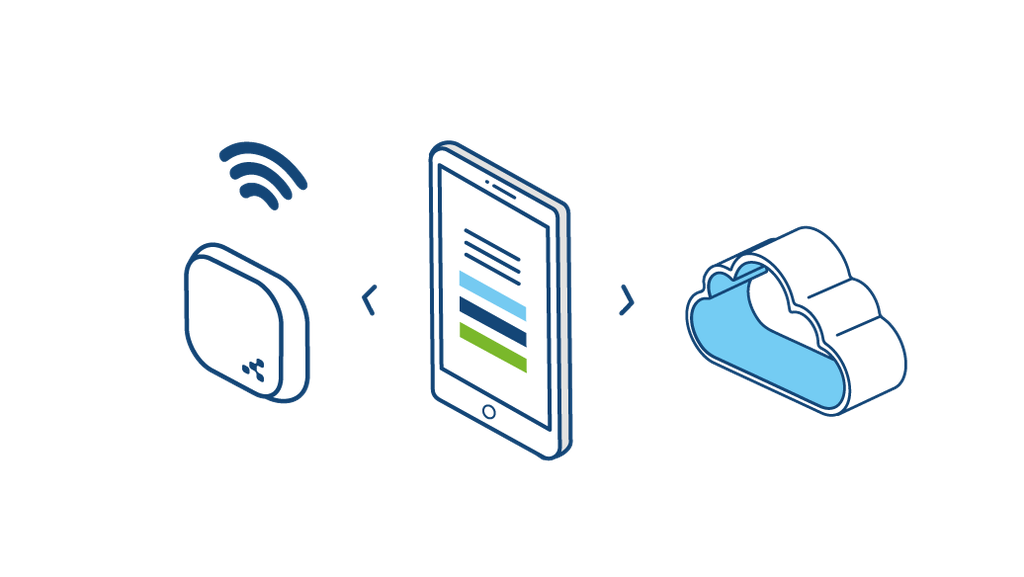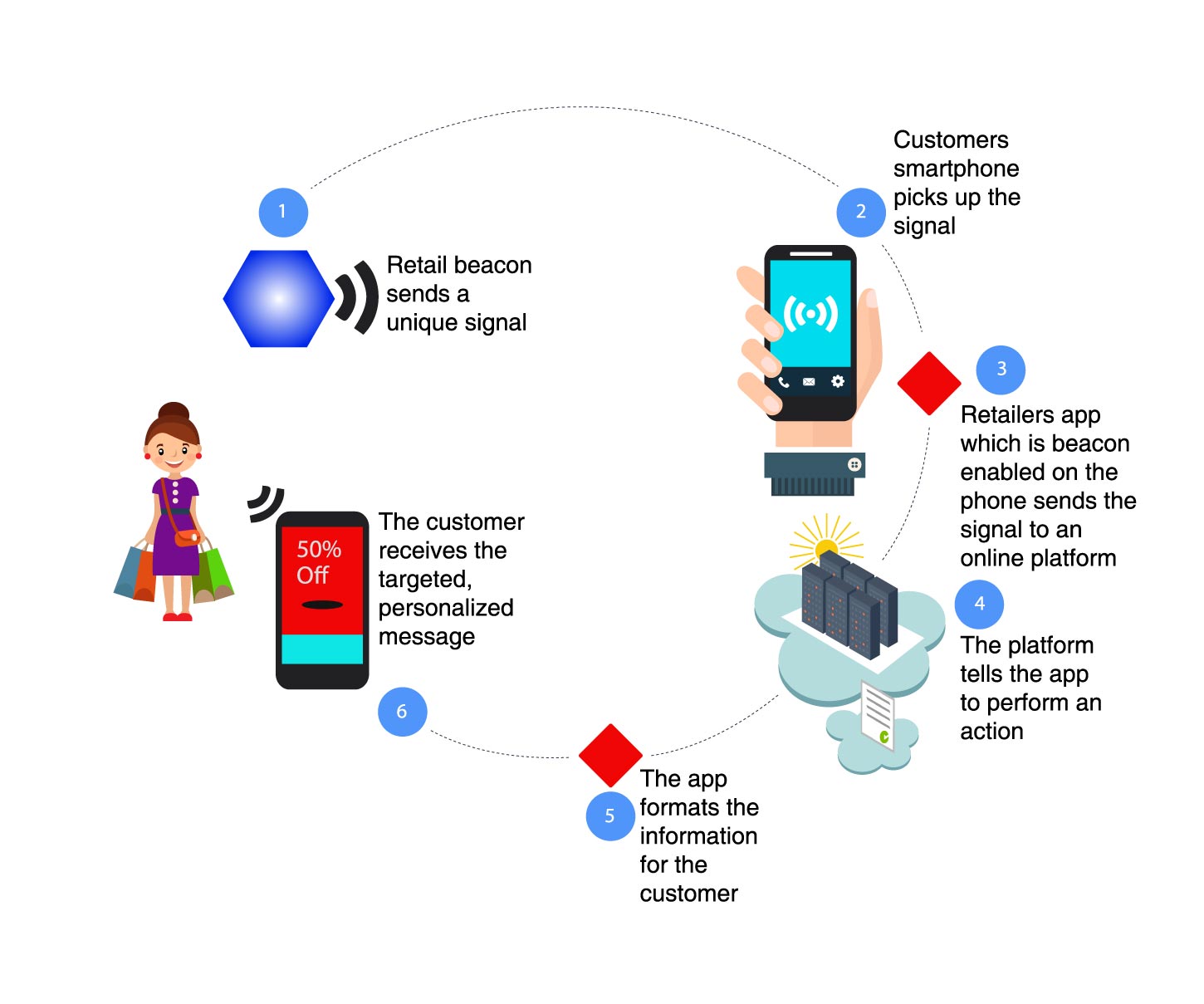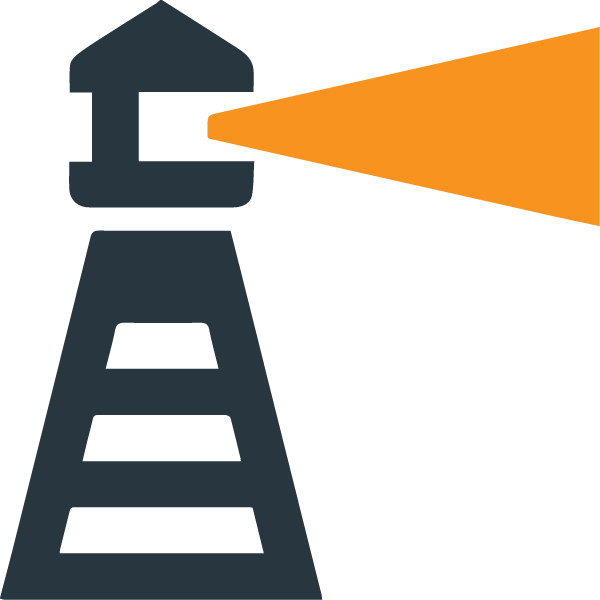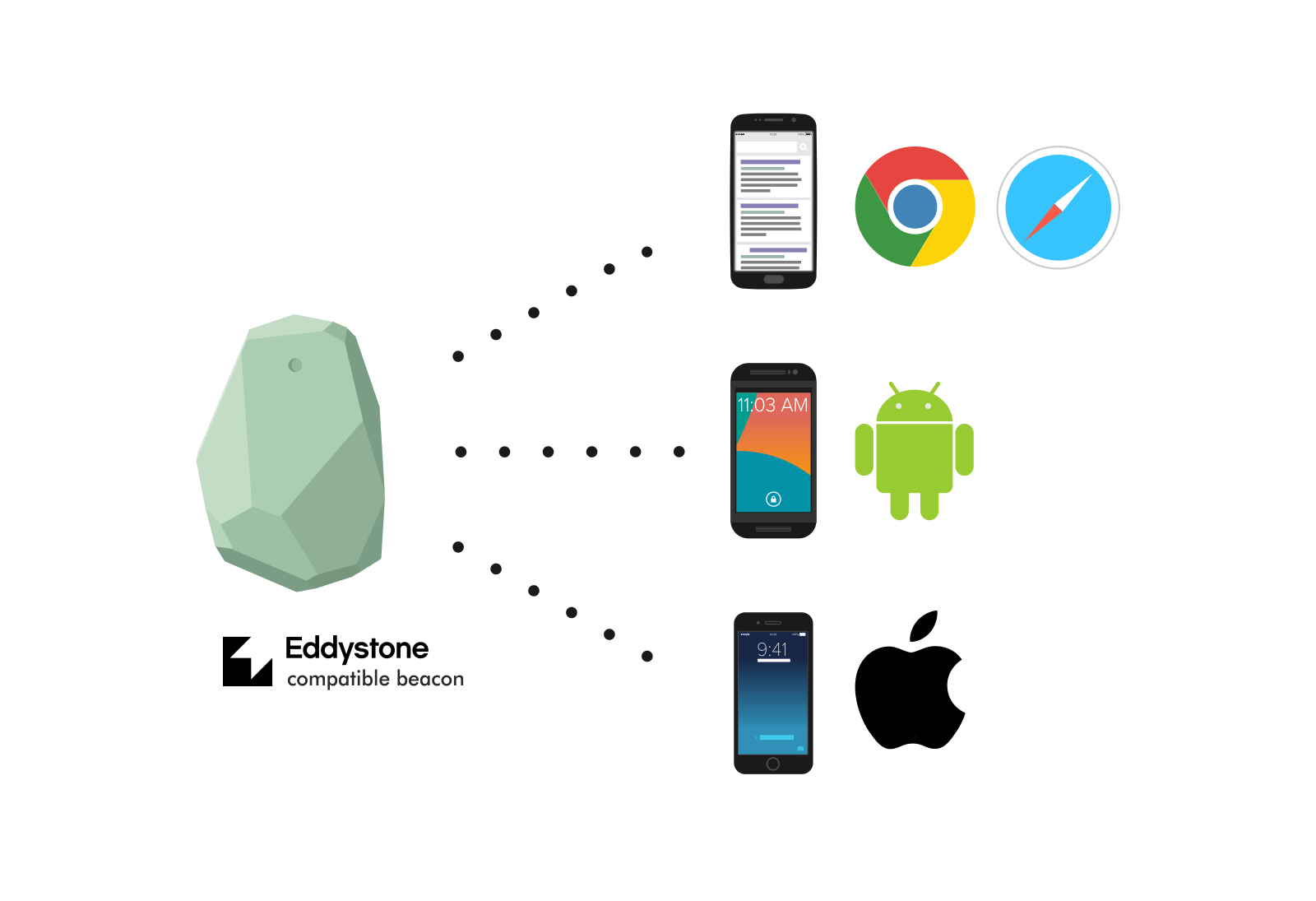noun
- a guiding or warning signal, as a light or fire, especially one in an elevated position.
- a tower or hill used for such purposes.
- a lighthouse, signal buoy, etc., on a shore or at a dangerous area at sea to warn and guide vessels.
- Navigation.
- radio beacon.
- a radar device at a fixed location that, upon receiving a radar pulse, transmits a reply pulse that enables the original sender to determine his or her position relative to the fixed location.
- a person, act, or thing that warns or guides.
- a person or thing that illuminates or inspires: The Bible has been our beacon during this trouble.
- Digital Technology. web beacon.
verb (used with object)
- to serve as a beacon to; warn or guide.
- to furnish or mark with beacons: a ship assigned to beacon the shoals.
verb (used without object)
- to serve or shine as a beacon: A steady light beaconed from the shore.
noun
- a city in SE New York.
noun
- a signal fire or light on a hill, tower, etc, esp one used formerly as a warning of invasion
- a hill on which such fires were lit
- a lighthouse, signalling buoy, etc, used to warn or guide ships in dangerous waters
- short for radio beacon
- a radio or other signal marking a flight course in air navigation
- short for Belisha beacon
- a person or thing that serves as a guide, inspiration, or warning
- a stone set by a surveyor to mark a corner or line of a site boundary, etc
verb
- to guide or warn
- (intr) to shine
Old English beacen “sign, portent, lighthouse,” from West Germanic *baukna “beacon, signal” (cf. Old Frisian baken, Old Saxon bokan, Old High German bouhhan); not found outside Germanic. Perhaps borrowed from Latin bucina “a crooked horn or trumpet, signal horn.” But more likely from PIE *bhew-, a variant of the base *bha- “to gleam, shine” (see phantasm). Figurative use from c.1600.
 Liberal Dictionary English Dictionary
Liberal Dictionary English Dictionary




